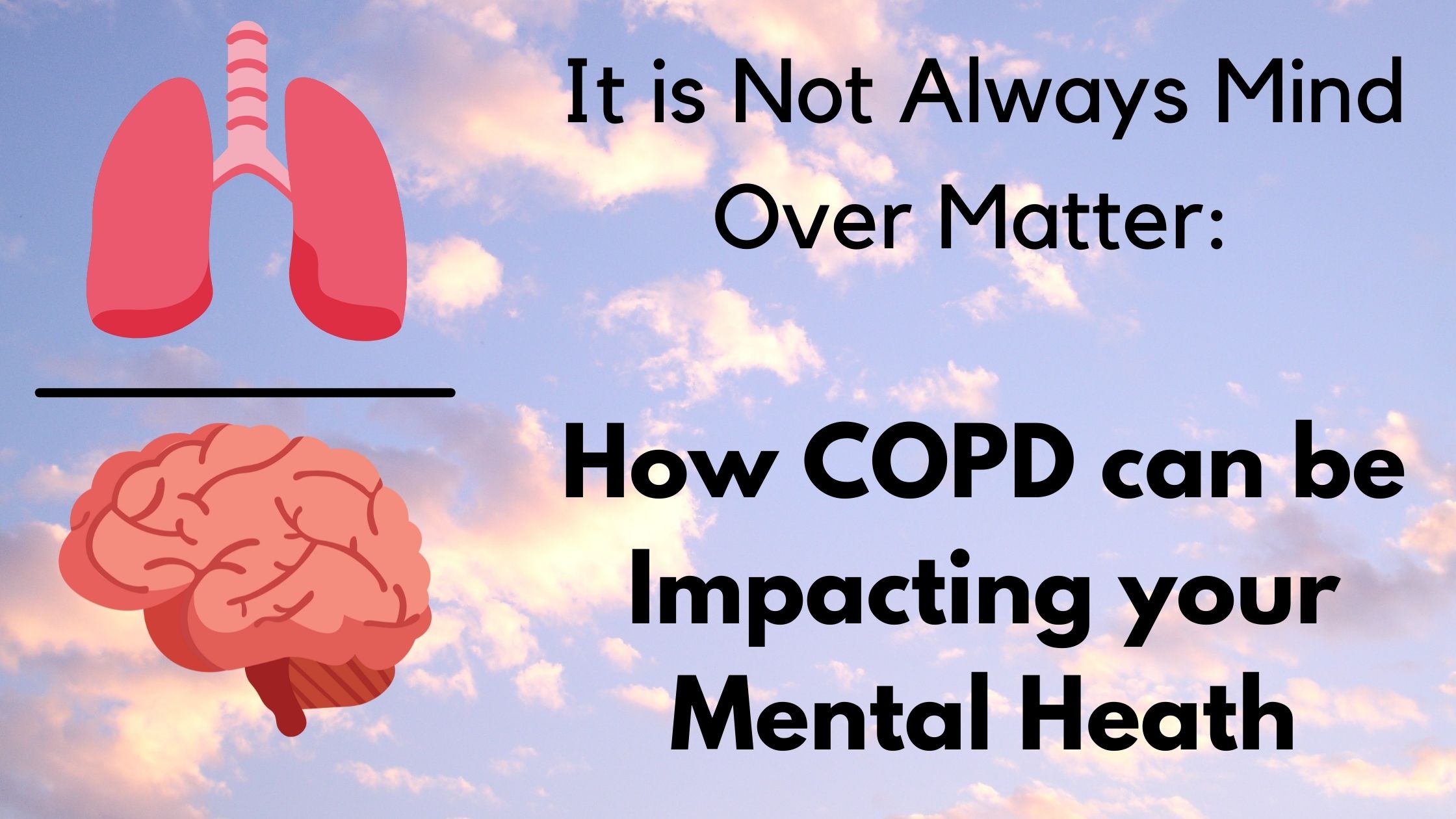
Anxiety can show itself in a number of ways for a multitude of different reasons. If you have COPD or another obstructive respiratory disease that makes breathing difficult, you may also experience anxiety related symptoms due to breathlessness.
Mental health problems are very common in COPD patients: about 60% of patients with COPD have symptoms of anxiety and 40% have symptoms of depression.
{{cta('fa8abc2a-1e88-4fa3-82fd-1cb5b9ed43b2','justifycenter')}}
Anxiety and depression can heighten COPD related symptoms like breathlessness, physical functioning, quality of life, exacerbation rates, length of hospital stays, and mortality.
Both anxiety and depression amplify hyperventilation and cause panic attacks which will heighten the sensation of breathlessness. Also, if you have COPD and psychological difficulties you are less able to manage symptoms and treat your lung condition for a number of reason, two being that you are less likely to be physically active or attend pulmonary rehabilitation.

However, if you can recognize your mental and physical limitations, the psychological impact of your COPD is very treatable along with your physical COPD symptoms.
Treating COPD
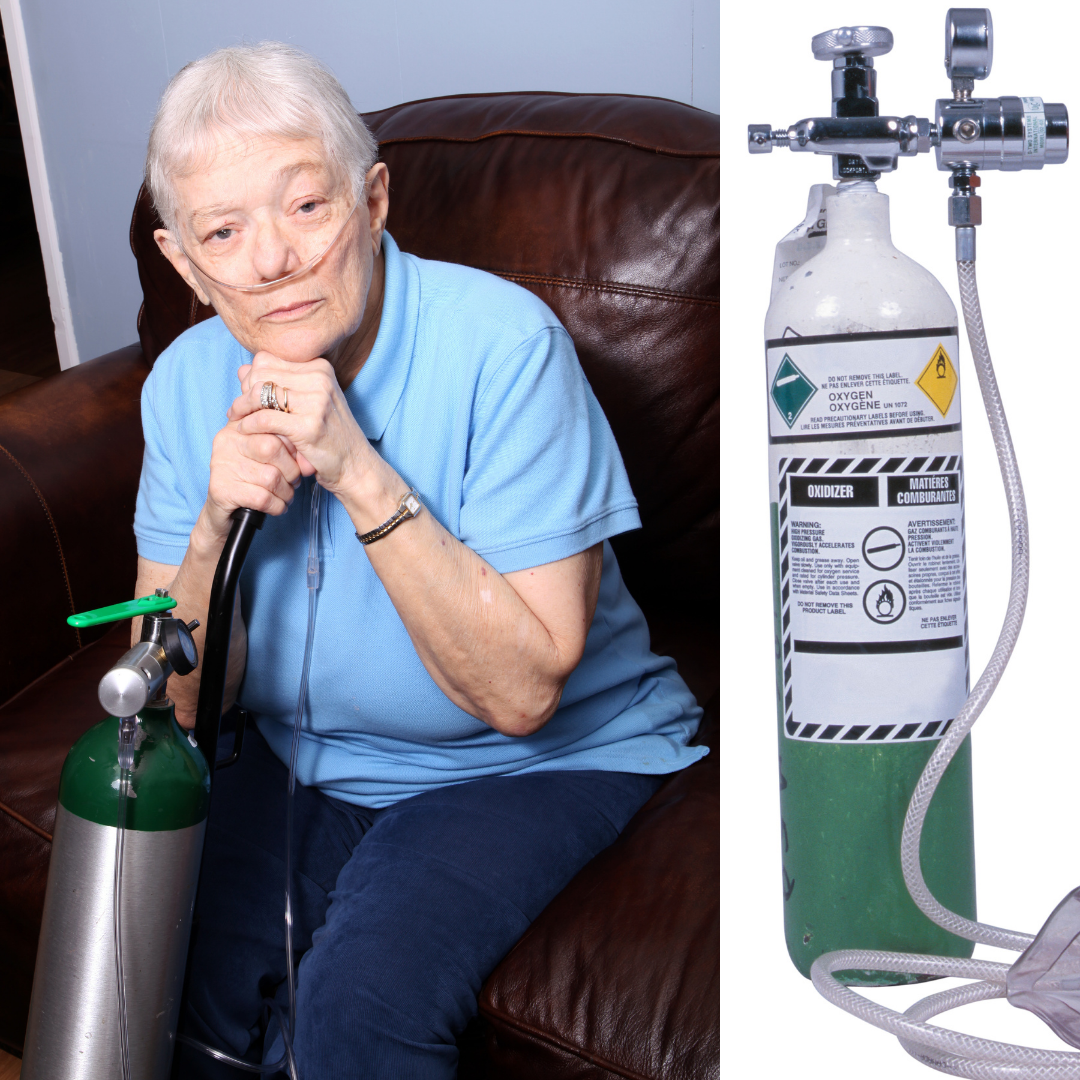
Treating COPD is important not only for your physical health, but it is a step towards better mental health as well. For example, if you need oxygen therapy, following the guidelines of your oxygen perception is a necessary step that will make your life more easily manageable. If you're in the market for a portable oxygen concentrator be sure you are working with an oxygen licensed distributor like LPT Medical so you can have peace of mind that you are getting an oxygen device that will take care of condition in the most effective way possible.
Other treatments include, taking your medication and understanding when and where you need to take certain inhalers through the day. This will help reduce stress and anxiety around your condition.
You should also be exercising, dieting, quit smoking and following other COPD treatments that have been proven to improve the quality of life for patients with COPD.
Treating Anxiety

Not being able to breathe can cause a lot of problems in your physical body but it also impacts your brain! Anxiety causes breathing to get worse, which causes more stress and anxiety, and then your breathing gets worse again, creating a toxic cycle of shortness of breath.
Anxiety disorders, specifically generalized anxiety disorder (GAD) happen at a higher rate in patients with COPD compared with the general population and over 16 million Americans are diagnosed with COPD.
![]()
Not surprisingly, anxiety can have a significantly negative impact on the quality of your life with COPD.
In this blog we are discussing the potential to get help for your anxiety which can help you live a higher quality of life with COPD. If there is one thing you take away from this article, let it be that as a person with a chronic respiratory disease the very best thing you can do for yourself is to become educated about your disease.
First thing is first, it is important that you understand where your anxiety is coming from.
Deciphering Between COPD Induced Anxiety and General Anxiety
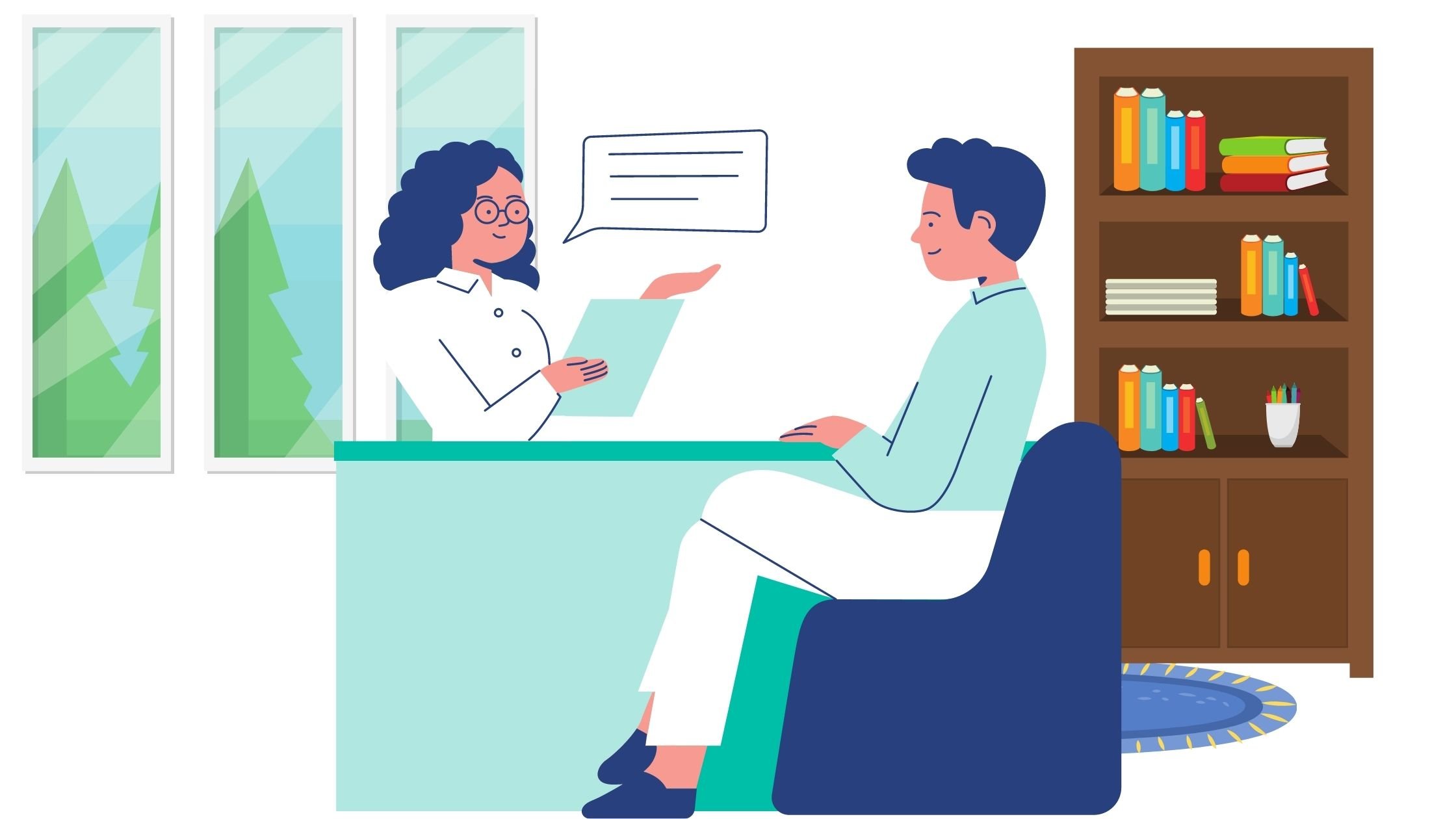
It is very possible that you have COPD and anxiety from not being able to breathe properly, but it is also possible that your anxiety disorder is unrelated to your breathing problems, and is rooted in something else.
This would mean that the ideas laid out in this particular article may not be as beneficial as other resources that can explain other sources of anxiety that you are experiencing, but again could be worth the read because education is key.
{{cta('43b79c5e-6bd6-4f02-ac27-2d038d20c146','justifycenter')}}
Your pulmonary health care team can help you find the root of your anxiety by performing certain tests, and with the help of psychologists that are trained in treating mental health disorders.
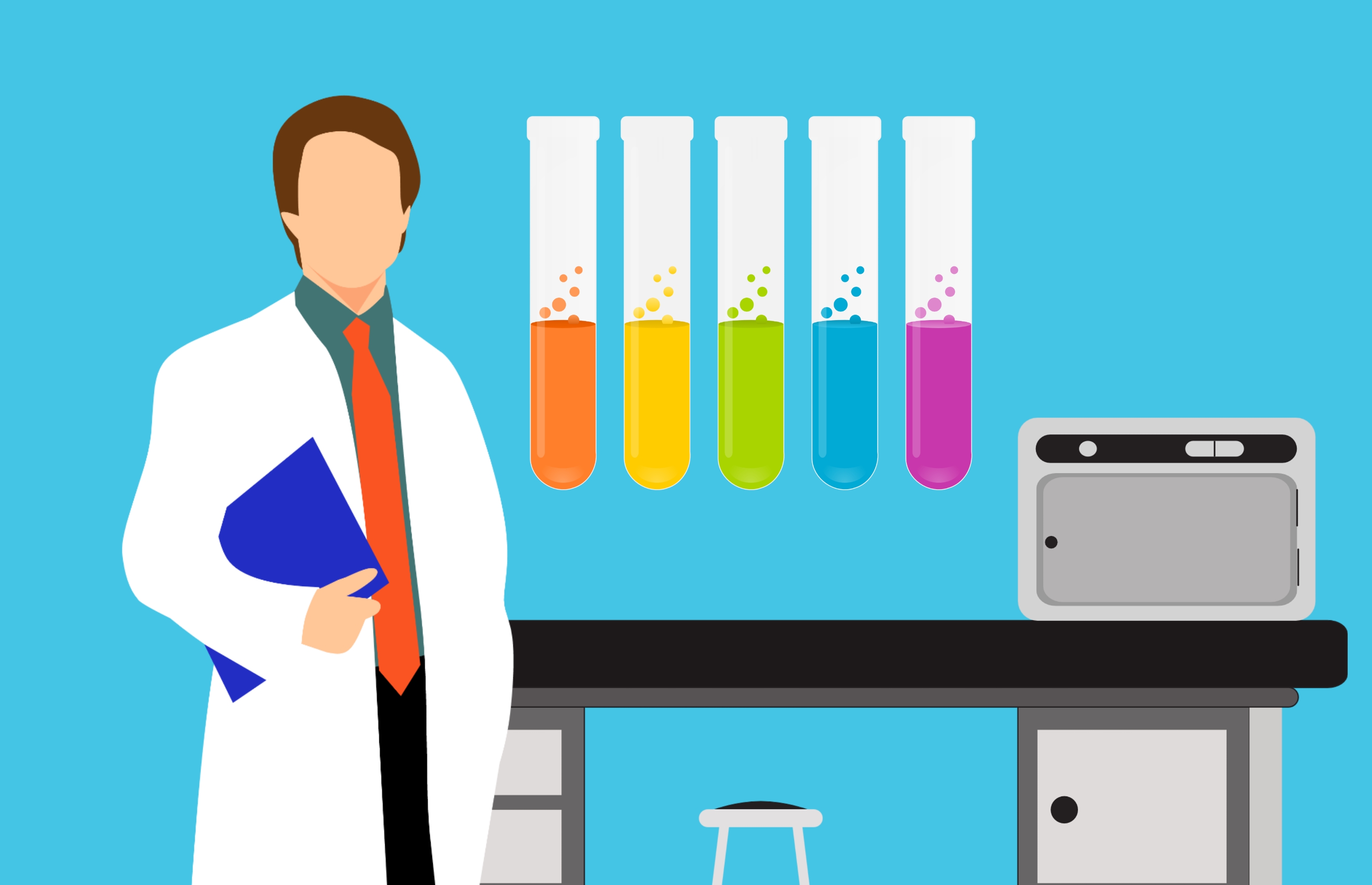
Generalized Anxiety disorder most often looks like this:
- Persistent worrying or anxiety about a number of areas that are out of proportion to the impact of the events
- Overthinking plans and solutions to all possible worst-case outcome
- Perceiving situations and events as threatening, even when they aren't
- Difficulty handling uncertainty
- Indecisiveness and fear of making the wrong decision
- Inability to set aside or let go of a worry
- Inability to relax, feeling restless, and feeling keyed up or on edge
- Difficulty concentrating, or the feeling that your mind "goes blank\
- Fatigue
- Trouble sleeping
- Muscle tension or muscle aches
- Trembling, feeling twitchy
- Nervousness or being easily startled
- Sweating
- Nausea, diarrhea or irritable bowel syndrome
- Irritability
The tricky part is that COPD related anxiety can and often does look very similar. It is when treating anxiety where you have to be careful about where your anxiety comes from.
Treating COPD induced Anxiety
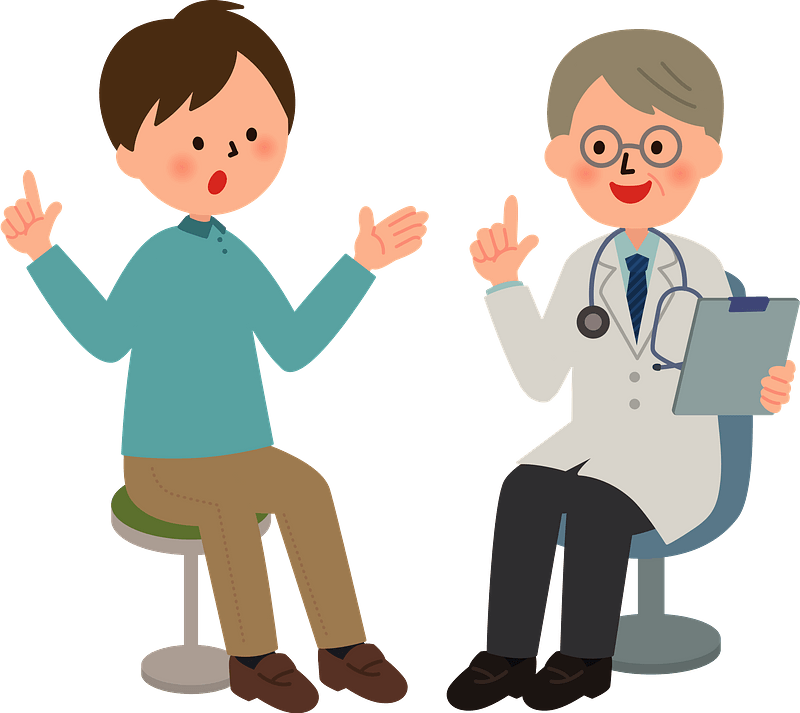
There are now better methods for treating anxiety related to breathing complications.
Here are the 3 different anxiety treatment options within the context of COPD patients:
- Pharmacological
- Psychotherapeutic
- Pulmonary rehabilitation treatments
Pharmacological

There have been pharmaceuticals called nortriptyline, buspirone, and sertraline all of which have been found to reduce symptoms of anxiety caused by COPD.
In a study, patients with COPD and depression were examined during a 12-week, randomized controlled trial of nortriptyline. Nortriptyline notably helped treat depression and showed valuable improvements in anxiety, certain respiratory symptoms, overall physical comfort, and day-to-day function.
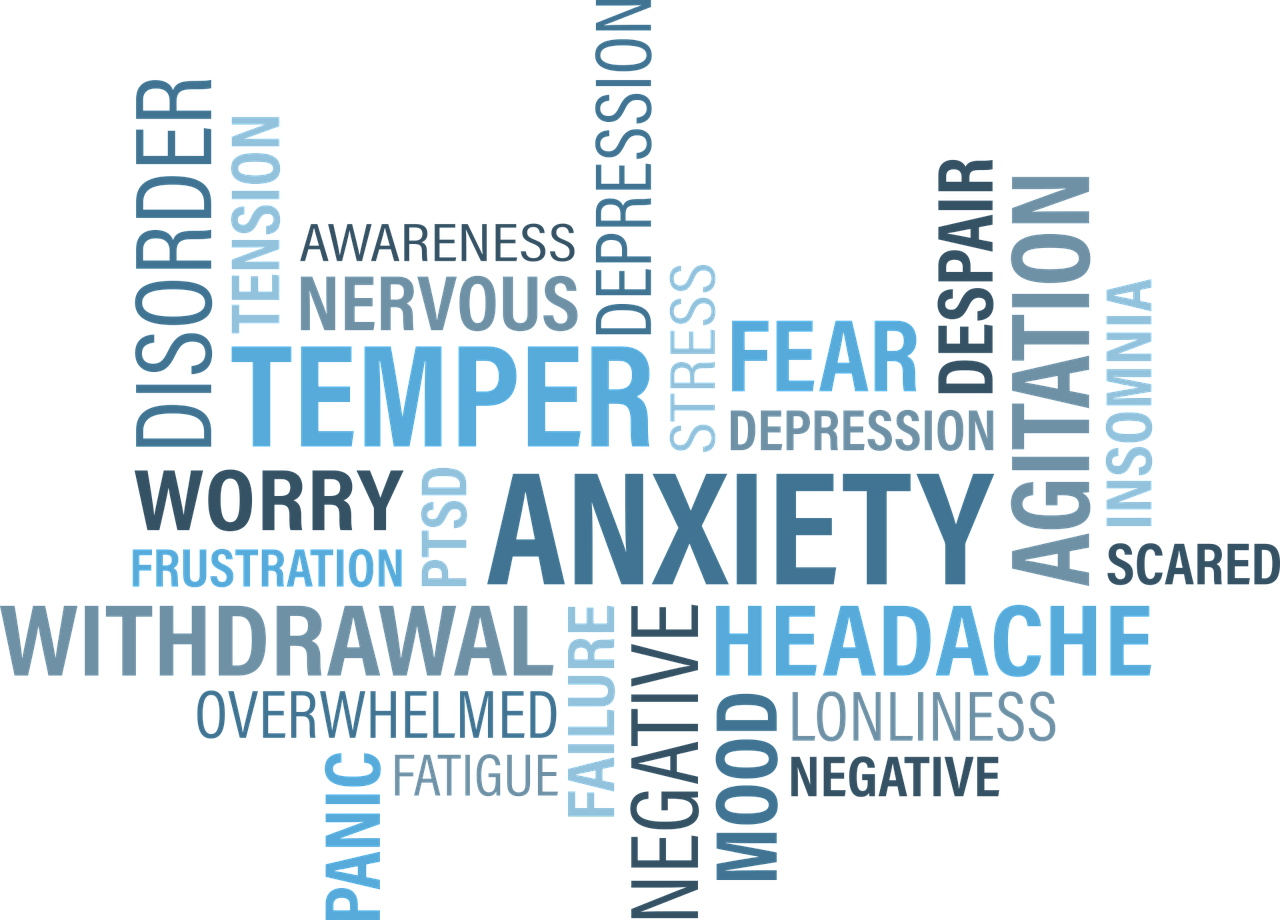
Buspirone (BuSpar) is a nonaddictive anti-anxiety medication that doesn’t interfere with your breathing.
While sertraline has not been proven to improve in forced expiratory volume (FEV1) or depressive symptoms, COPD patients who were given a certain dose of sertraline did show some improvement in their daily activities. The effectiveness of sertraline with COPD or a related obstructive airways disease showed significant improvement in breathing abilities. A few patients in this study also showed some improvement in exercise capacity, depression and anxiety.
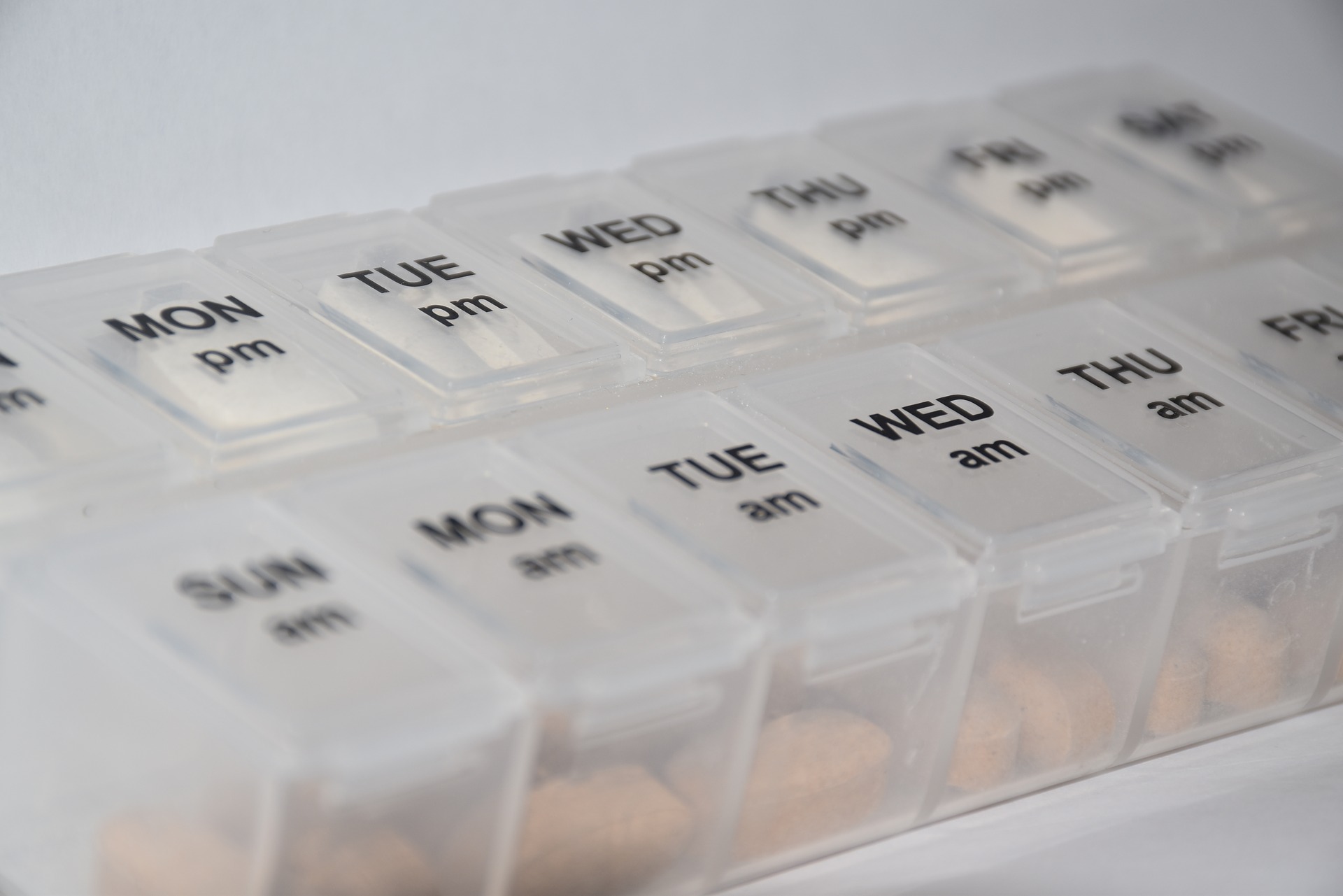
Psychotherapeutic
There are now specifically designed cognitive behavior therapy programs that take into account the unique difficulties of COPD patients like yourself. These specifically designed programs are catered to people with breathing difficulties and for many people, it is the best treatment available for COPD related depression and anxiety.

Cognitive–behavioral programs focus on relaxation and mindfulness practices to help reduce anxious symptoms.
Cognitive behavior therapy (CBT), which helps patients develop strategies for coping with anxiety and similar conditions, have been proven to help lower that anxiety and reduce the chances COPD patients will end up in the hospital.

It works best when behavioral therapy is done by nurses with expertise in lung conditions!
It is commonly known now that the importance of psychological treatment in chronic obstructive pulmonary disease (COPD), has great potential benefits, yet clinicians do not always address this important issue.
This therapy is designed to understand patients’ current difficulties by linking a patient's environment, their physical symptoms, thoughts, emotions and behavior.
![]()
Techniques will be used to tackle their current difficulties and teach the patient skills to identify unhelpful thinking or behavior which might be causing vicious cycles of anxiety and/or depression. Having a personal approach can help cultivate an understanding of the patient's problems so they are capable of identifying ways to overcome their problems and identify triggers so they can actively improve their quality of life.
Here are some of the steps a CBT program will go through with COPD patients:
- Identify what triggers a patient's breathlessness: physical activities and/or psychological factors (fear or panic).
- Create a self-management plan to address physical and psychological difficulties.
- Improve medical care, for example, identifying and addressing unhelpful thinking.
- Planning and pacing activities, breathing techniques, distraction and relaxation can all help breathlessness alongside oxygen therapy.
Patients with all levels of COPD severity who also experience symptoms of anxiety and/or depression can benefit from CBT, but it is up to your doctor and team of health professionals to get you the care you need.
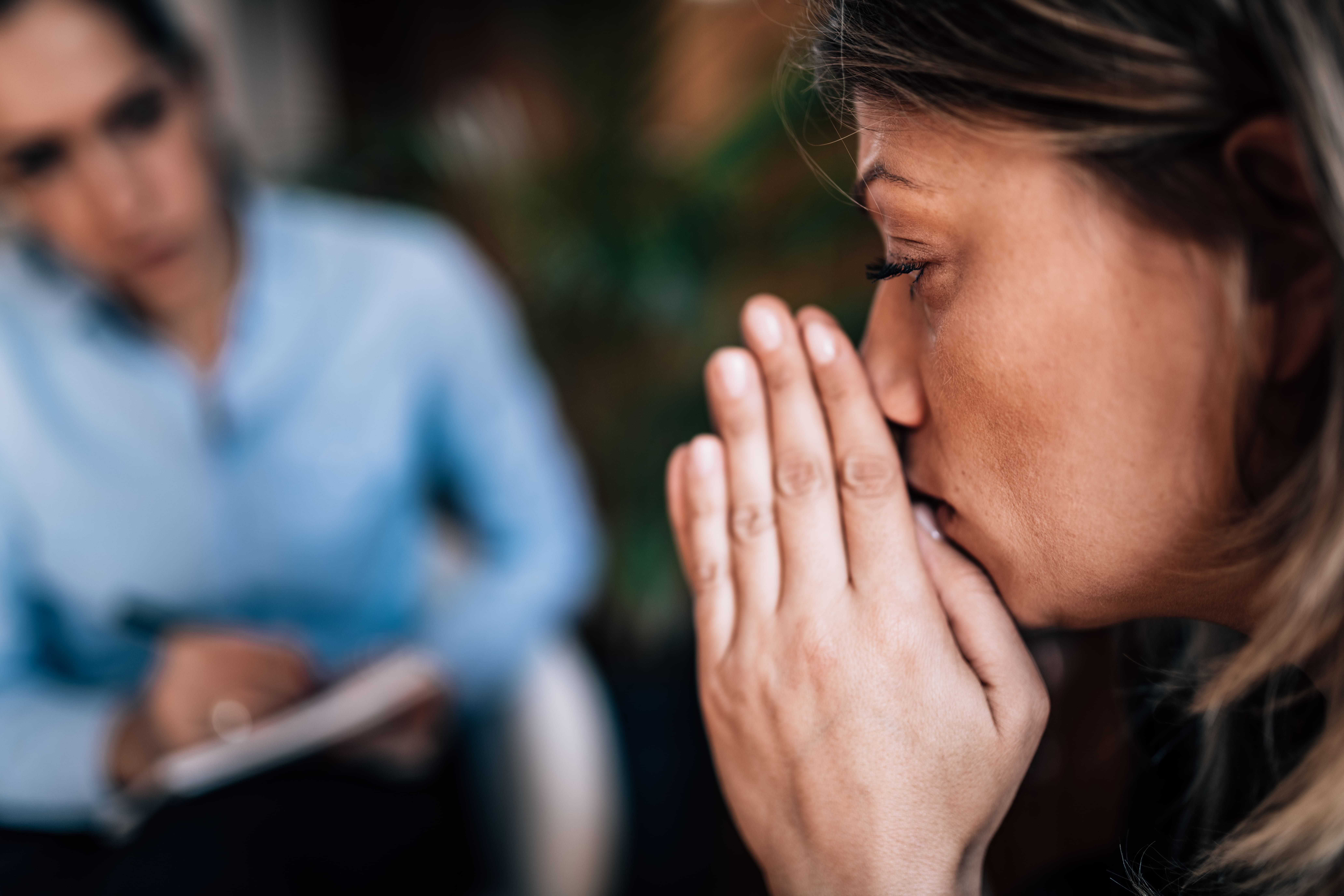
You should seek out appropriately trained respiratory healthcare professionals to undertake your CBT if you and your doctor determine that you would benefit from a a cognitive behavior program.
One day, hopefully soon, the healthcare system will be able to provide safe and effective psychological care from an experienced person with the right skills to provide the treatment, but it is still a long process to implement this into a tradition COPD treatment plan. As a patient, being educated about this topic will help you advocate for your needs, and get to the therapeutic help you need.
Pulmonary rehabilitation treatments
.jpg)
Multicomponent pulmonary rehabilitation programs can also hep to improve anxious symptoms.
Pulmonary rehab is a program that was designed to improve quality of life by:
- Decreasing respiratory symptoms and complications
- Encouraging self-management and control over daily functioning
- Improving physical conditioning and exercise performance
- Improving emotional well-being
- Reducing hospitalizations
The focus is partly to reduce physical symptoms of breathlessness by giving the your new exercises, breathing techniques, and dieting and habit forming skills, but these programs are also heavily focused on education and emotional health.
Pulmonary rehab gives you the tools to accomplish goals and strategies for managing your condition in a healthy way both physically and mentally. It is also a social group setting that gives you the chance to talk to other people in similar situations, which is good for your mental health.
Finding Alternatives for Anxiety Medication
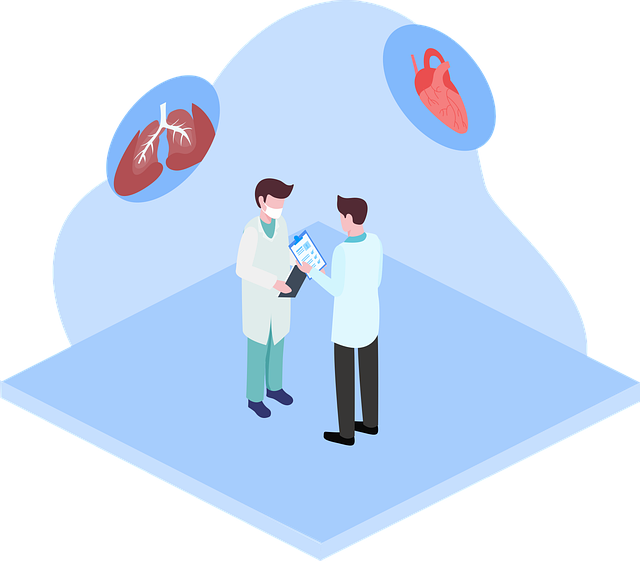
People who don’t have COPD but do have anxiety are sometimes prescribed anti-anxiety medications but many of these drugs can negatively impact breathing if you do have COPD.
Anxiety medication can also potentially interact with other medications you use to treat your COPD. Not to mention, these medications can cause dependence and addiction problems as well.
Traditionally the typical treatment for COPD has been inhaled medication with goals to reduce airway obstruction. More recently, it has been recognized that good quality, holistic care of COPD should address all aspects of the condition including mental health and not merely focus on treatments aimed at improving airway obstruction.
If you have COPD and you also struggles with anxiety, some of the ideas laid out in this blog may help you manage these conditions! It could be beneficial for you to think about taking certain pharmaceuticals in order to reduce anxiety caused by COPD. You could also be benefiting from cognitive behavioral therapy and pulmonary rehabilitation courses that are designed with your conditions in mind.
First and foremost, education is a game changer in treating and living with a chronic condition like COPD. Learning about your condition and how it can affect more than just your ability to breathe will give you insight into treating your disease more holistically and in-turn cultivates a healthier lifestyle moving forward.
If you found this blog helpful, please share it with your friends and family and comment to let us know your thoughts!

